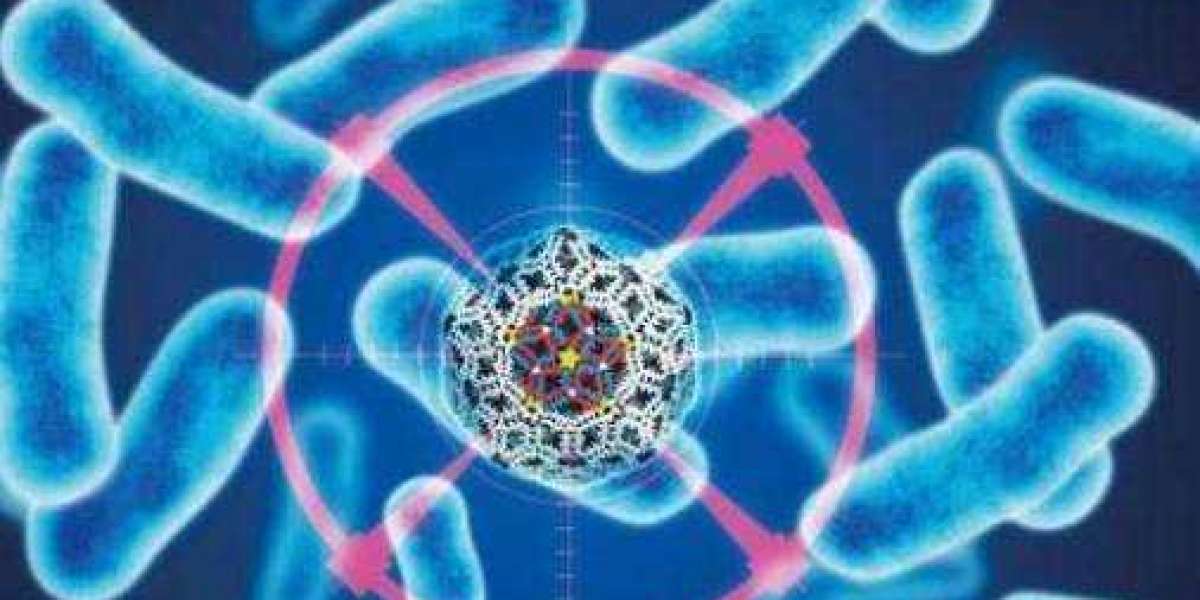Our bodies contain billions of commensal flora, which play a vital role in human health and can even impact our constitution, personality, and thinking. This has prompted researchers to develop "bacteriotherapy", in which microbes can be engineered to sense and respond to their surroundings as intelligent life-science drugs that can colonize the gastrointestinal tract, mouth, skin, lungs, and tumors, providing therapies in the local microenvironment.
While bacteriotherapy is a new and alternative treatment for many types of cancer, it still has a long way to go, such as being mistaken for a foreign invader by the body's immune system, resulting in a highly inflammatory response.
Researchers from Columbia University recently published a study in the journal Nature Biotechnology on a programmable encapsulation system that optimizes therapeutic bacteria delivery in mice.
The researcher developed a genetically encoded microbial encapsulation system with regulated and dynamic expression of surface podoconjugates that improves systemic delivery by hiding therapeutic bacteria from the immune system. This innovative camouflage method successfully transported live bacterial drugs to tumors and destroyed cancer cells in vivo in a mouse model.
Live bacteriotherapy has been proposed as an alternative approach to treating a wide range of cancers, but their host toxicity has also limited tolerable doses and efficacy, and in some cases led to the termination of clinical trials. In addition, unlike traditional drug carriers, bacteria are dynamic—they continue to multiply and migrate, thus requiring strong temporal control of bacterial pharmacokinetics in vivo.
In response, knocking off antigens on the surface of bacteria, such as lipopolysaccharides (LPS), is one technique to avoid the immunogenicity and toxicity of live bacterial therapies, although this strategy has downsides such as strain attenuation and reduced colonization. So, instead of knocking out these antigenic molecules, what if we thought about hiding them?
Another option is to use molecular coatings such as alginate, chitosan, polydopamine, lipids, and nanoparticles to coat microbial surfaces. These disposable, static bacterial modifications, on the other hand, do not allow for in situ modulation and can result in uncontrolled proliferation, off-target tissue toxicity, or cellular function impairment, lowering therapeutic efficacy.
In summary, enhancing bacterial delivery efficiency without compromising safety is the primary issue in developing live bacterial therapeutics for cancer clinical treatment.
The team focused on podoconjugate polysaccharide (CAP), a glycopolymer that coats the surface of bacteria, in this latest study, and developed inducible CAP (iCAP), a genetically encoded microbial encapsulation system that regulates and dynamically expresses the envelope polysaccharide to enhance systemic delivery.
The scientists built an inducible synthetic gene circuit in E. coli that regulates bacterial wrapping based on a short RNA screen of the podocyte biosynthesis pathway. The duration of survival of these synthetic bacteria in human blood could be controlled by regulating the amount of isopropyl—D-thiogalactoside (IPTG). These synthetic bacteria can initially express the envelope polysaccharide normally and evade immune attack for a short time, but after exerting their utility, they eventually lose the envelope structure, resulting in effective clearance in vivo.
"The CAP system of the probiotic E. coli strain Nisle 1917 was 'hijacked'," according to the study's first author, Dr. Tetsuhiro Harimoto. "These bacteria can temporarily evade immune attack if they have the CAP, but without it, they will lose their capsule protection and be removed from the body. It's like we put a switch on these bacteria!"
The inducible CAP (iCAP) is a unique delivery system that modulates the surface envelope polysaccharide based on the amount of IPTG, determining the fate of this synthetic bacterium—to escape immune attack or to be removed. This programmable encapsulation system is expected to enhance the therapeutic application of engineered bacteria for cancer treatment.







